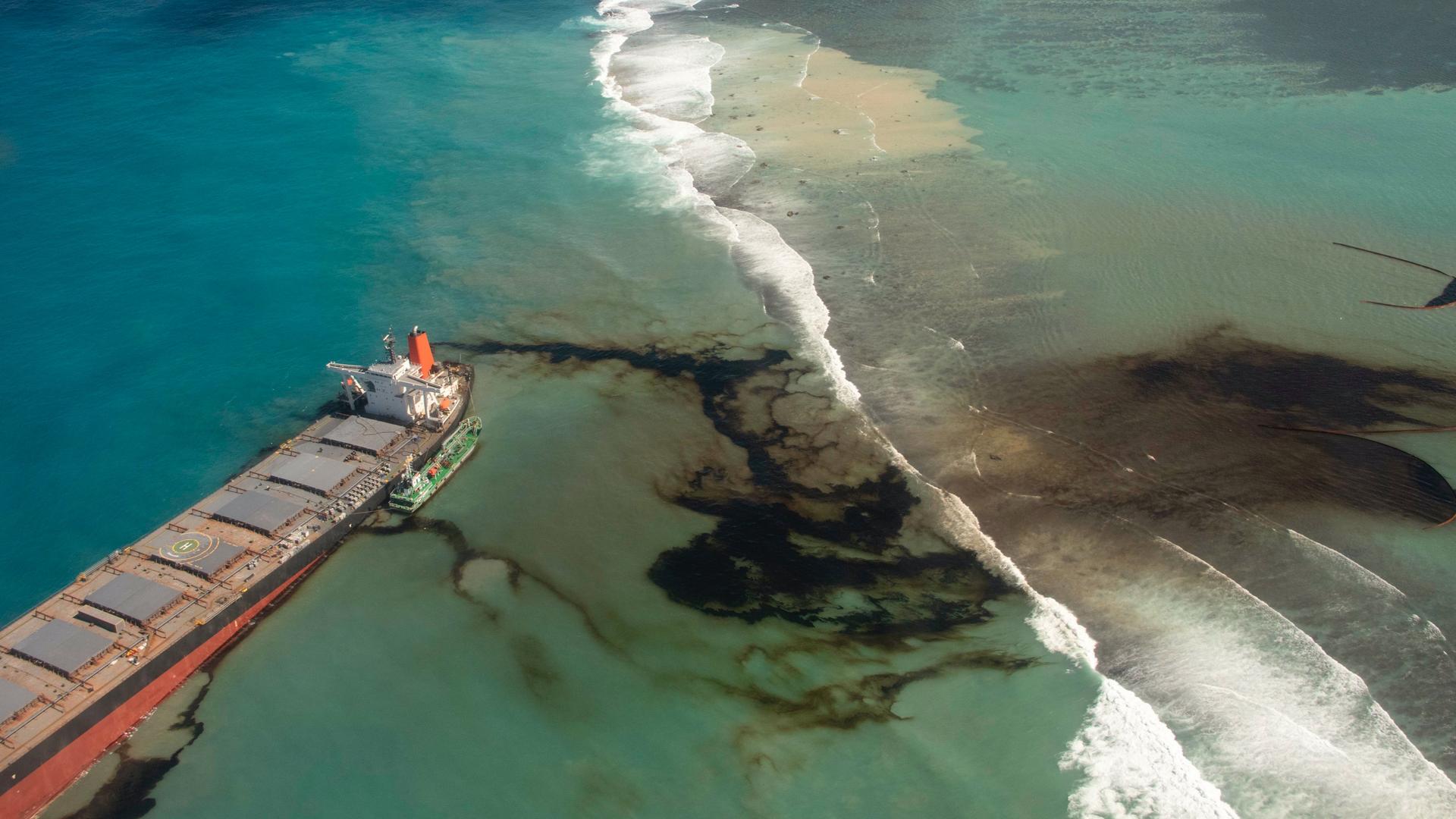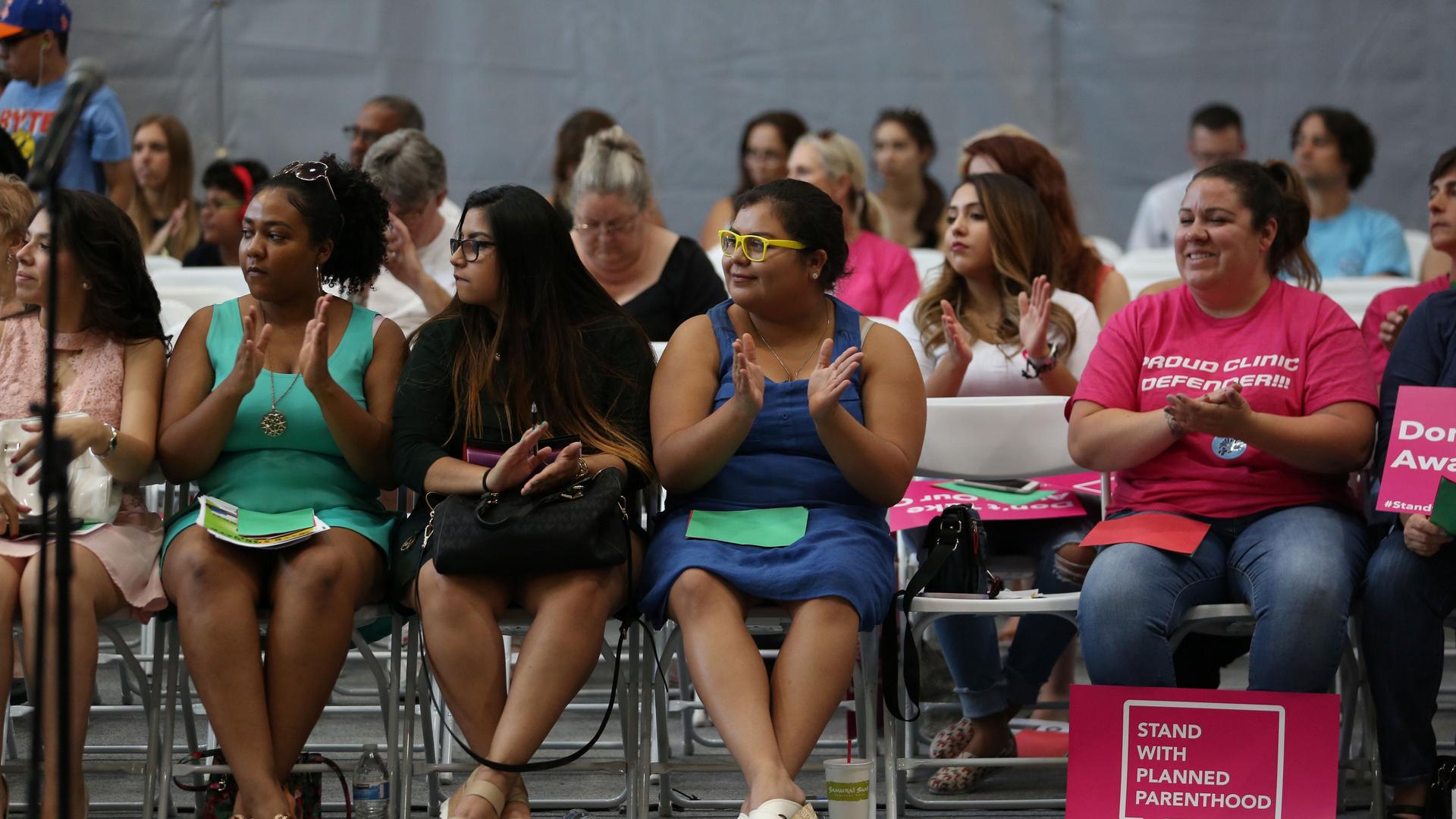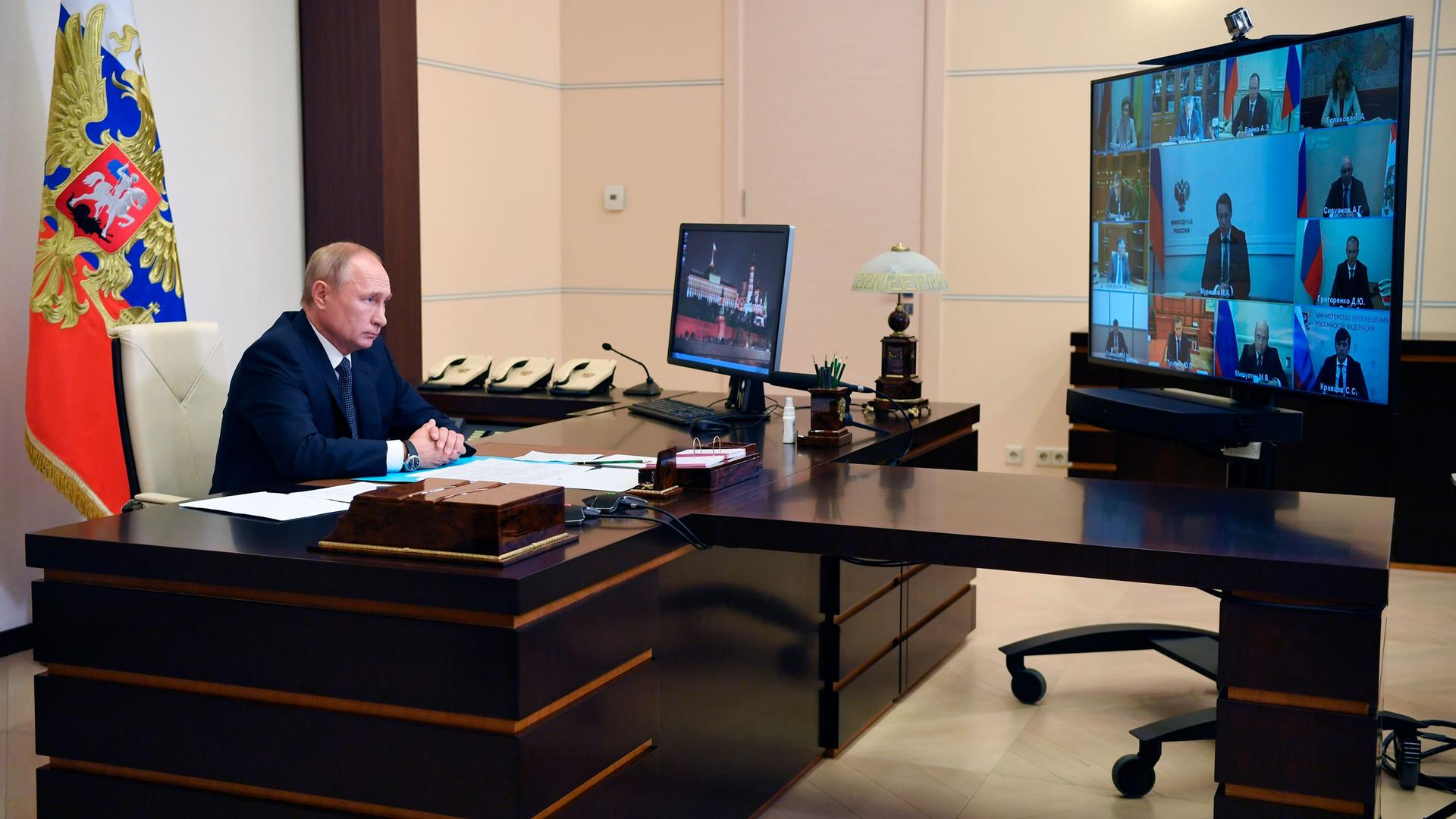Harris veep pick welcomed by diasporas; Scottish passenger train derails; New Zealand reimposes lockdown measures
Top of The World — our morning news round up written by editors at The World. Subscribe here.
Joe Biden’s selection of Sen. Kamala Harris as his running mate for the 2020 presidential contest is drawing attention from a wide range of groups. Picking Harris, the 55-year-old daughter of a Jamaican American economist and an Indian American cancer researcher, has generated global excitement about the strength of diaspora populations and renewed optimism for the potential of an immigrant-friendly US.
In southern India, Harris received plaudits for being a proud representative of her mother’s native land and the first person of South Asian descent to be tapped as a vice presidential candidate. Though born in Oakland, California, and educated partially in Montreal, Québec, Harris says she connected profoundly with her Indian relatives during summer trips to Tamil Nadu.
The honorary consul general of Jamaica in Philadelphia, Christopher Chaplin, told the NANN Caribbean news outlet that he views Harris as a “shining example of what is possible in America.”
“The notion that if you get educated and if you work hard, that you will do well still holds true,” added Chaplin. “In these challenging times, with the twin specters of COVID-19 and racial injustice facing us, it is important to fight for justice and still believe. I salute her selection.”
Biden’s historic selection has also notably resonated with Black women, a key voting demographic that has often struggled to assert political might in the US.
What The World is following
A passenger train derailed during storms on Wednesday in the Aberdeenshire area of Scotland, causing serious injuries. Several dozen emergency vehicles rushed to the scene, in addition to air ambulance support. Video clips posted on social media depicted smoke coming from the train. Torrential downpours and thunderstorms resulted in major flooding and disruptions for travelers.
In New Zealand, government officials are looking into the possibility that freight could be the source of the first COVID-19 infections in over three months. The diagnosis of four cases in one Auckland family led Prime Minister Jacinda Ardern to reimpose a strict lockdown in the country’s biggest city and renewed social distancing measures across the island nation.
From The World
Mauritius rushes to stave off oil spill

The island of Mauritius boasts beautiful beaches, coral reefs, lagoons and clear waters. Now, oily black sludge mars the country’s southeastern coastline. It began on Thursday when oil started leaking from the Japanese-owned MV Wakashio ship, which ran aground on a southern coral reef on July 25.
“It is the biggest natural disaster to my knowledge that we are having in Mauritius,” said Jacqueline Sauzier, a microbiologist who heads the Mauritius Marine Conservation Society.
As Election Day nears, it’s not just about winning the ‘Latino vote.’ It’s about making a real connection.

To be Latino during an election season can feel like landing on a movie set of a suspenseful, high-stakes drama. It’s a story of contradictions. You are a star of the show — Latinos are projected to become the largest, nonwhite racial or ethnic electorate in 2020 — but it is usually set to a predictable, one-note soundtrack: “immigration, immigration, immigration.” An audience of pundits dissects the “Latino vote,” while advocates recite well-rehearsed lines: “Latinos are not a monolith. Ignoring the Latino vote will cost candidates at the polls.”
Bright spot
Italians were ahead of their time with social distancing. Wine merchants in Tuscany built “wine windows” to protect people during the Black Death and the Italian Plague. And now amidst the coronavirus pandemic wine windows are making a comeback.
In case you missed it
Listen: Russia approves coronavirus vaccine before completing testing

Russia has granted regulatory approval to a vaccine for the coronavirus without thoroughly testing it. And, two days after Belarusians went to the polls in a highly contested election, the main opposition candidate was forced to flee to Lithuania and protesters have taken to the streets. Also, an estimated 32 million Latinos will be eligible to vote in this year’s elections. But many may not feel like they belong in this political process.
Don’t forget to subscribe to The World’s Latest Edition podcast using your favorite podcast player: RadioPublic, Apple Podcasts, Stitcher, Soundcloud, RSS.
The story you just read is accessible and free to all because thousands of listeners and readers contribute to our nonprofit newsroom. We go deep to bring you the human-centered international reporting that you know you can trust. To do this work and to do it well, we rely on the support of our listeners. If you appreciated our coverage this year, if there was a story that made you pause or a song that moved you, would you consider making a gift to sustain our work through 2024 and beyond?